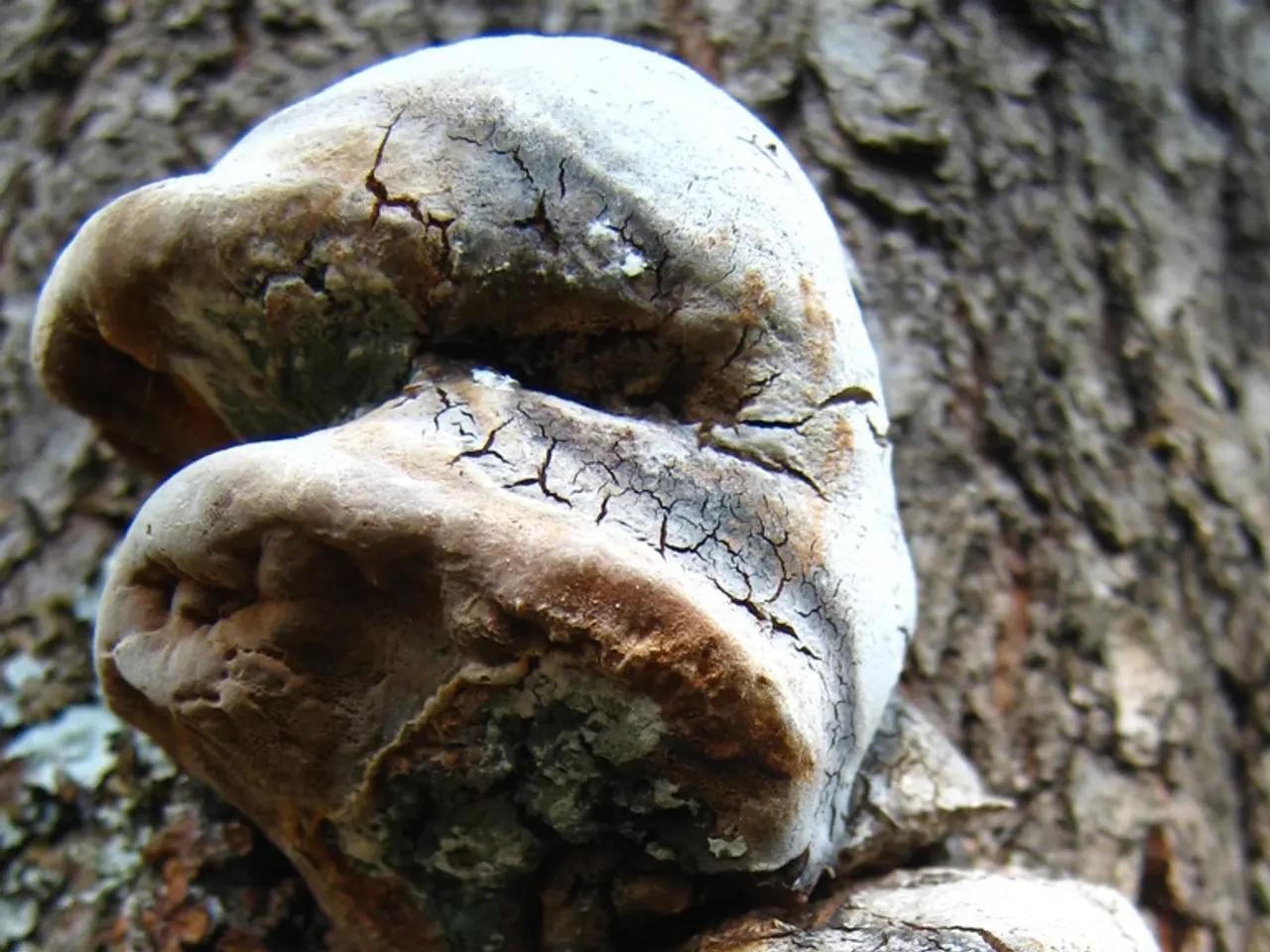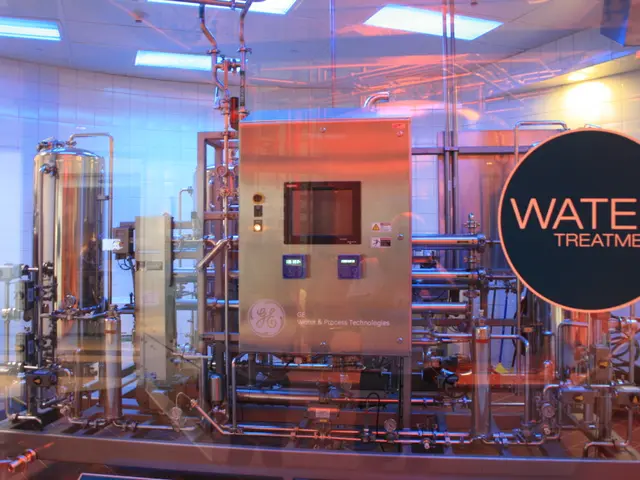Bioscouring: A Sustainable Solution to Mealybugs in Mulberry Crops
A groundbreaking study published in 'Discover Agriculture' presents a novel, biology-based approach to managing mealybugs in mulberry crops. Led by Y. Nagaraju, the research team aims to provide a sustainable alternative to conventional chemical insecticides.
The team identified fungal strains that produce enzymes capable of efficiently degrading mealybug wax. Laboratory experiments showed that applying these enzymes significantly increased mealybug mortality rates. The method, known as bioscouring, makes the pests more susceptible to natural predators and other control methods. Field trials demonstrated the practical application of the enzyme treatment in integrated pest management systems, proving its effectiveness in real-world conditions.
The potential for applying similar strategies to other crops affected by mealybugs and related pests is significant. The study highlights the importance of exploring alternative, biology-based solutions to mitigate the environmental impacts of chemical pesticides. The research team hopes that this method could lead to sustainable agricultural practices that protect crops and reduce chemical inputs.
The study, published in 'Discover Agriculture', offers a promising step towards a more sustainable future for crop production. By harnessing the power of fungal enzymes, the method presents a practical and effective alternative to conventional chemical insecticides. Further research is needed to fully realise the potential of this approach and expand its application to other crops and pests.






